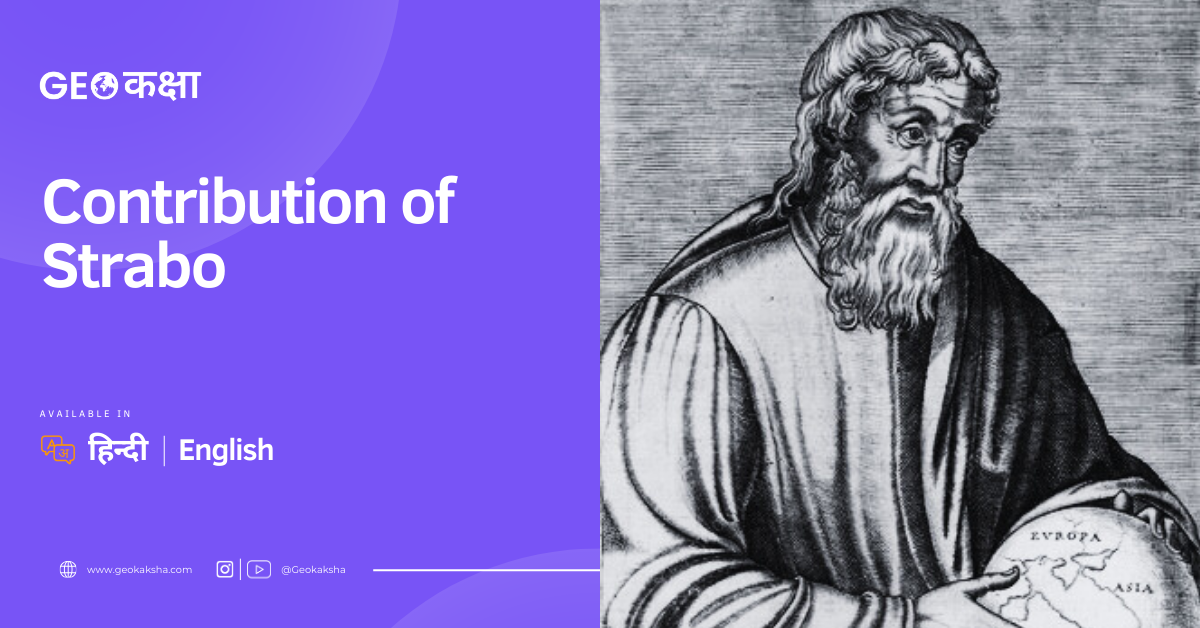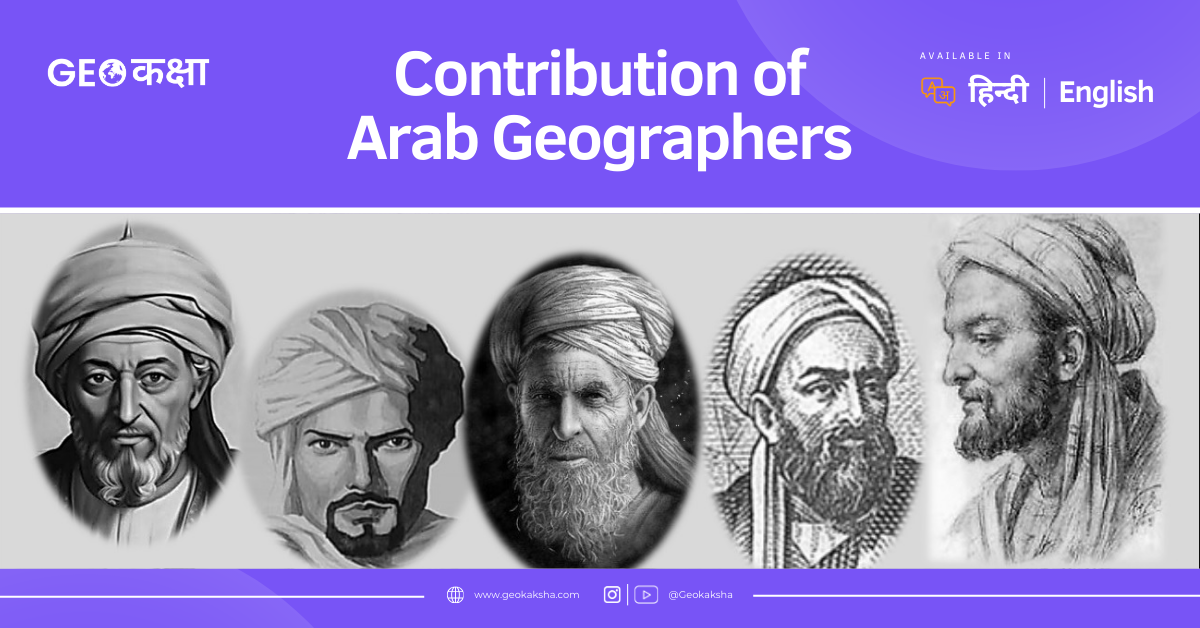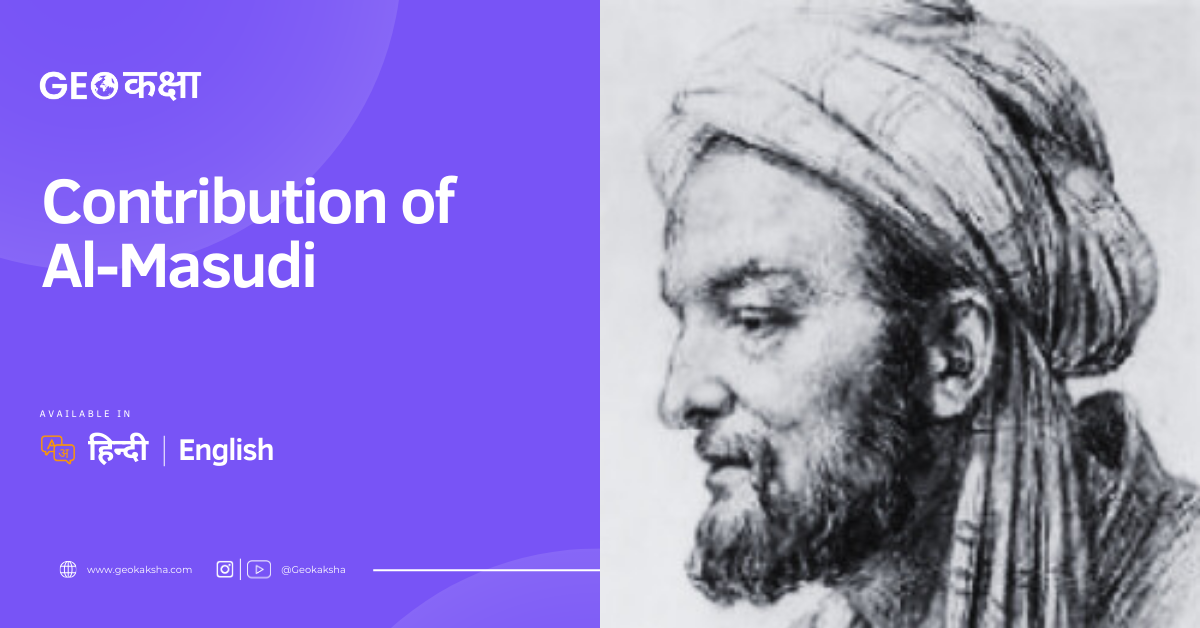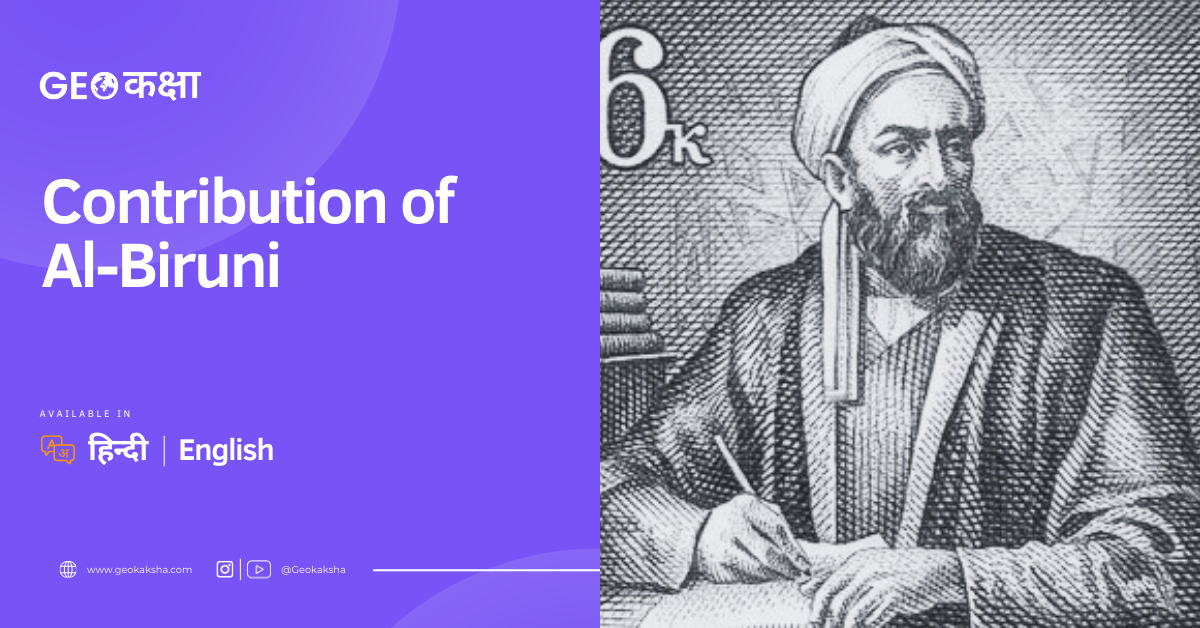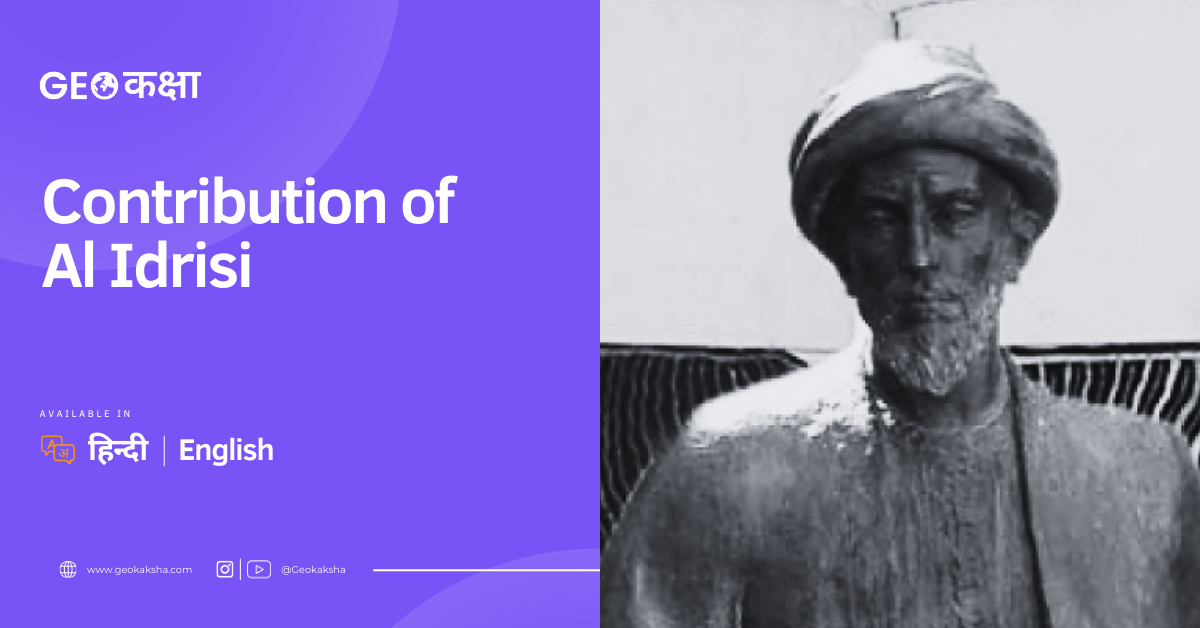Introduction
Ibn Khaldun was a prominent Arab scholar, historian, philosopher, and geographer during the medieval period. He is renowned for his contributions to various fields, particularly in the realm of social sciences, including geography.
Table of Contents
Area of Work
Ibn Khaldun's area of work encompassed a wide array of disciplines, including history, sociology, economics, and geography. He was particularly interested in understanding the dynamics of societies and civilizations, which led him to explore geographical factors influencing human behavior and societal development.
Specialization
In geography, Ibn Khaldun specialized in the study of human geography, focusing on how geographical factors such as climate, terrain, and resources shape the development and characteristics of societies. He delved into the interconnectedness between geographical conditions and human activities, emphasizing the role of environment in shaping cultural, economic, and political landscapes.
Significant Contribution
One of Ibn Khaldun's significant contributions to geography was his concept of 'Asabiyyah,' which refers to social cohesion or group solidarity. He argued that geographical factors, along with social cohesion, are essential in understanding the rise and fall of civilizations. This concept laid the foundation for the modern study of geopolitics and cultural geography.
Major Works
Ibn Khaldun's most renowned work, "Al-Muqaddimah" (The Introduction or Prolegomena), contains valuable insights into geographical influences on societies. While not solely a geographical treatise, it extensively discusses the impact of geography on civilizations, exploring themes such as environmental determinism and the relationship between nomadic and sedentary societies.
His works continue to be studied and admired for their profound understanding of human geography and its interactions with other disciplines.




